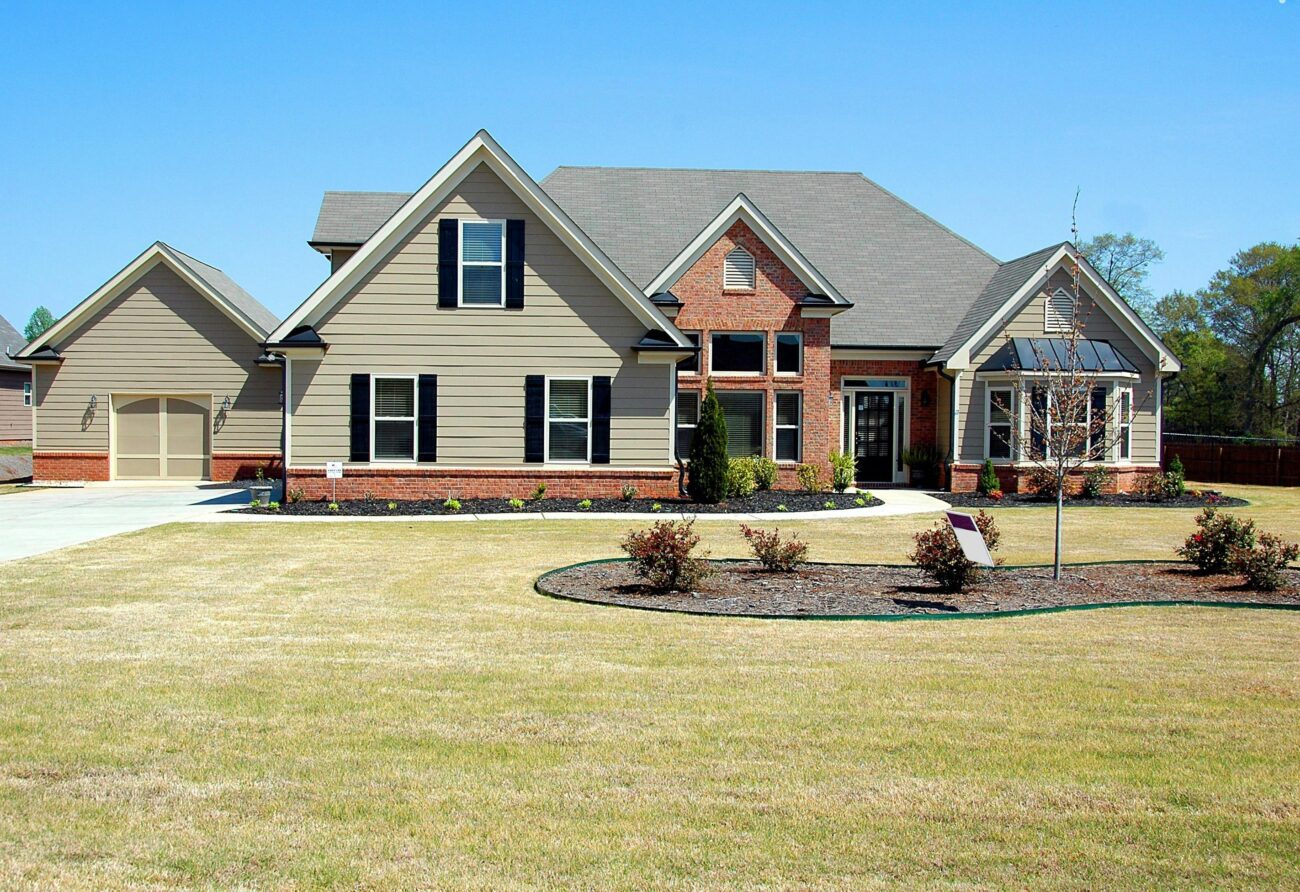Real estate development is a complex and dynamic field that requires a keen understanding of market trends, financial principles, and project management. Whether you’re a seasoned developer or just starting your journey, employing effective strategies can make all the difference in your success. This comprehensive guide presents the top strategies for real estate property developers, helping you navigate challenges and seize opportunities in today’s competitive market.
1. Market Research: Understanding the Landscape
Before you embark on any development project, conducting extensive market research is crucial. This step helps you identify potential investment areas and trends that can impact your project.
-
Demographic Analysis: Understand the population trends in your target market. Are more families moving in? Is there an influx of young professionals? This will help you shape your development to meet demand.
-
Competitor Analysis: Study existing developments in the area. What amenities do they offer? What are their pricing strategies? Learning from competitors can provide insights into what works and what doesn’t.
-
Trend Observation: Keep an eye on emerging trends, such as eco-friendly building practices and the integration of smart home technology. Adapting to these trends early can create a competitive advantage.
2. Strategic Location Selection
Location is arguably the single most significant factor in real estate. Selecting the right area can dictate the success of your project. Consider these factors:
-
Accessibility: Proximity to transportation hubs, major highways, and public transit can enhance a property’s appeal.
-
Local Amenities: Properties near schools, shopping centers, parks, and healthcare facilities typically see higher demand.
-
Zoning Laws: Understand local zoning regulations to ensure your project complies with legal requirements, avoiding costly delays or fines.
3. Financial Planning and Budgeting
Sound financial planning is vital for sustaining your development project from start to finish. Key components include:
-
Detailed Budgeting: Outline all costs as early as possible, including land acquisition, construction, permits, and marketing. Regularly update your budget as new costs arise.
-
Financing Options: Explore various financing methods, such as traditional loans, private investors, and crowdfunding. Each option has its own risks and benefits that should align with your project goals.
-
Contingency Funds: Always allocate a portion of your budget for unforeseen circumstances. A standard recommendation is around 10-15% of your overall project budget.
4. Building a Strong Team
The success of your development projects largely hinges on the people you work with. Assemble a dedicated team of professionals that includes:
-
Architects and Designers: Their creativity and technical skills can greatly enhance the aesthetic and functional aspects of the project.
-
Contractors and Builders: Choose reputable contractors with a strong track record to ensure quality workmanship and adherence to timelines.
-
Real Estate Agents: Hiring knowledgeable agents can improve market positioning and facilitate smoother sales or rentals.
-
Legal Advisors: Having a legal expert to navigate contracts, permits, and zoning laws can prevent legal pitfalls.
5. Focus on Sustainable Practices
Sustainability is no longer a trend; it’s a necessity. Implementing green building practices can enhance your project’s marketability and reduce long-term operational costs.
-
Energy Efficiency: Invest in high-efficiency appliances and sustainable materials. Buildings designed to be energy-efficient can lower utility costs and appeal to environmentally conscious buyers.
-
Landscaping and Outdoor Spaces: Incorporating green spaces, such as gardens and parks, enhances the aesthetic appeal of your property while promoting healthy lifestyles.
-
Renewable Energy Sources: Explore the options of integrating solar panels or other renewable energy sources to reduce emissions and operating costs.
6. Marketing and Brand Development
Creating a strong brand presence can set your projects apart in the crowded real estate market. Effective marketing strategies include:
-
Digital Marketing: Utilize social media, SEO, and your website to promote your projects. High-quality visuals and engaging content can attract potential buyers.
-
Networking: Attend industry events to build relationships with other professionals. A strong network can lead to referrals and partnerships.
-
Feedback and Adaptation: Listen to customer feedback and be prepared to adapt your strategies accordingly. Successful developers are responsive to market needs and buyer preferences.
7. Continuous Learning and Adaptation
The real estate landscape is ever-evolving. Stay ahead of the curve through continuous education and adaptation:
-
Industry Certifications: Consider obtaining relevant certifications that enhance credibility and knowledge.
-
Market Monitoring: Regularly track market changes and new regulations. Being informed ensures you can react quickly and strategically.
-
Workshops and Seminars: Participate in workshops to gain insights into new technologies and methodologies that can enhance your projects.
Conclusion
Success in real estate development is achievable with the right combination of market knowledge, financial acumen, strategic planning, and a commitment to sustainability. By implementing these strategies, you can effectively position yourself as a leader in the industry. Remember that every project is a learning opportunity; continually refine your approach and adapt to the ever-changing landscape for lasting success.
By focusing on these essential strategies, you can enhance your potential for success as a real estate property developer, ensuring profitable and impactful projects that meet community needs and stand the test of time.
